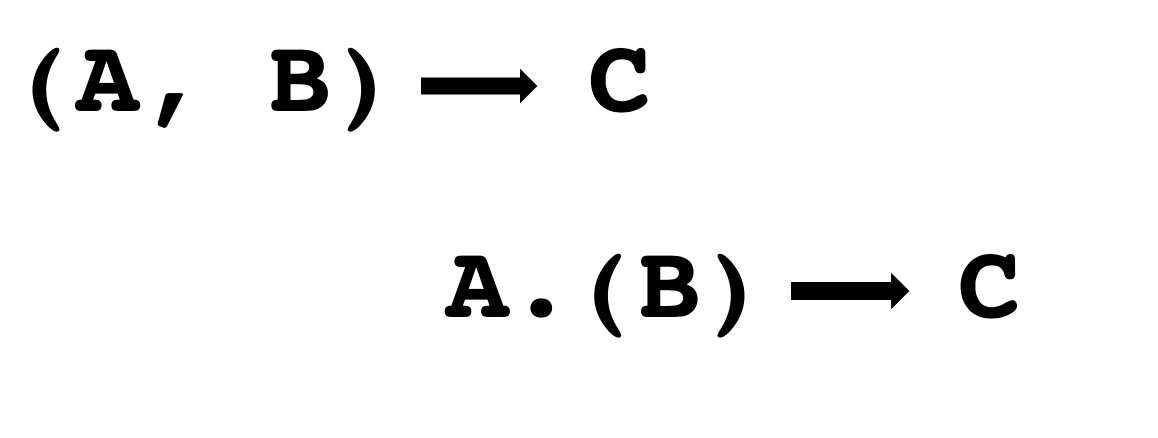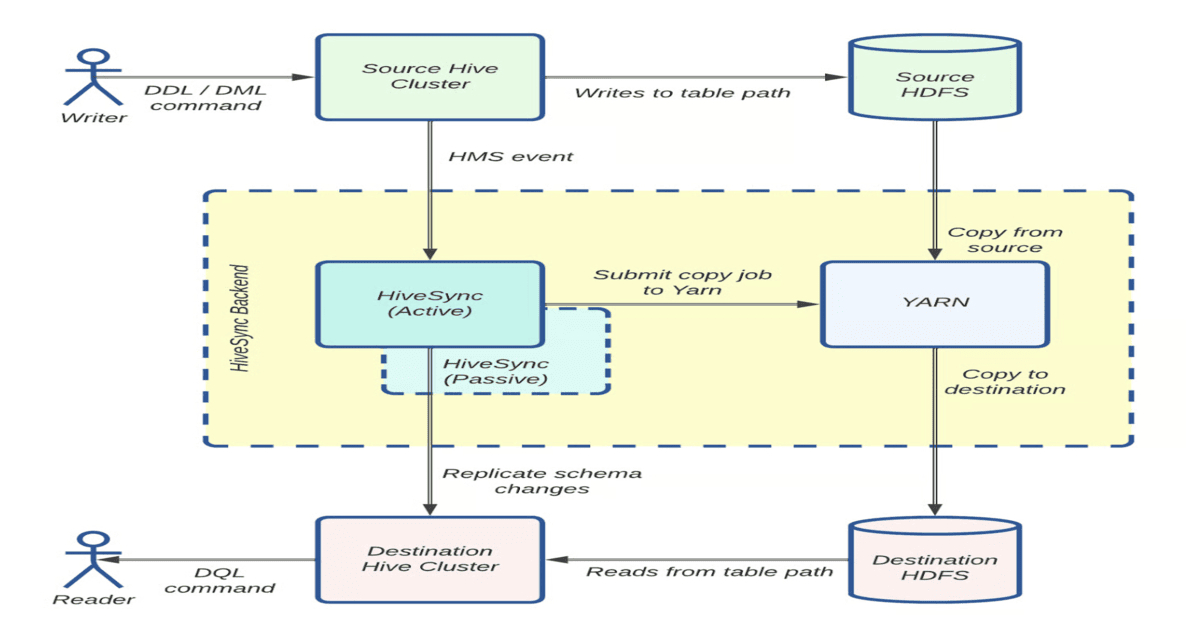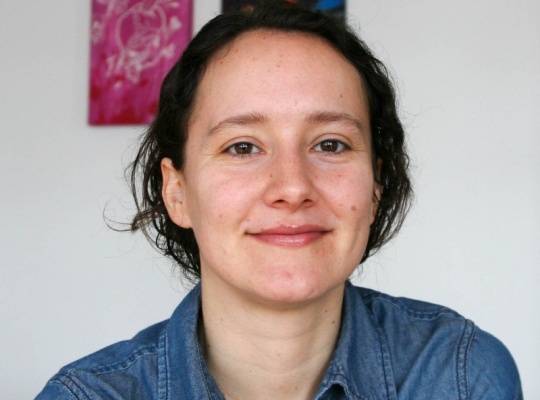Codetown
Codetown ::: a software developer's community
Kotlin Thursdays - Introduction to Kotlin Generics, Part 2
Hi folks! Welcome to Kotlin Thursdays. Last week, we examined classes, types, generic functions & parameters as well as covariance & contravariance in Kotlin. Folks told me there weren’t enough sloth facts, and as such, I will do my best to rectify this!
Let’s continue with our sloth and panda crews and write more functions with Kotlin Generics.
Resources
- Kotlin Generics: https://kotlinlang.org/docs/reference/generics.html
- Kotlin Reflection: https://kotlinlang.org/docs/reference/reflection.html
- Higher-Order Functions:https://kotlinlang.org/docs/reference/lambdas.html#higher-order-fun...
- Project Source code: https://github.com/Kotlin-Thursdays/Generics-in-Kotlin
Higher-Order Functions
Because Kotlin happens to be a functional language, Kotlin has a lot of really powerful characteristics functional purists might consider as pillars for functional programming.

One of these pillars, we’re only going to concern ourselves with the first Kotlin has first class citizens, which means that Kotlin may take functions as parameters. These are known as higher-order functions. What does it mean for a function to be a first-class citizen? All this means is that you are able to pass in a function argument as a parameter in a function. How meta!

This is a feature that is also comparable to Ruby, which facilitates higher order functions. The most common usage of higher order functions involves passing a block to a method, which is an extremely popular Ruby method.

Ruby allows you to inject different blocks into functions using yield, which involves passing a block to a method. With yield, the block is no longer a parameter to the method. The block is implicitly passed to the method. Yield makes executing the block feel like a method invocation within the method invocation rather than using an explicit call.

Kotlin shares a similar idea here, where you can inject different blocks, or functions, into a function. Like Ruby, Kotlin treats functions as first-class citizens. In Kotlin, the equivalent of block code is known as lambda functions, indicated by the pattern:

In (A, B) → C, this pattern indicates that a function expects a function parameter that takes 2 parameters type A and type B, and returns an output of type C.
In A.(B) → C, this pattern indicates that a function expects a function parameter that is an extension function of type A and that extension function takes a single parameter B that returns an output of type C.
In the scientific community, 6 species of sloths recognized.
In Costa Rica, there are only 2 types of sloths; the brown-throated three-toed sloth and Hoffmann’s two-toed sloth. Black eye patches and “smiling” mouths distinguish Costa Rica’s docile three-toed sloths, while the larger two-toed variety have white-ringed faces, brown snouts and shaggy coat1.

Hoffman’s two-toed sloth by minkewink from Pixabay
They actually have quite a bit in common with each other with subtle differences: for example, they both relieve themselves once a week and ARE ABLE TO EXPEL AS MUCH AS 1/3 OF THEIR BODY WEIGHT AT A TIME.
Despite their slow nature and digestive system, they can also swim in a manner that is very similar to the breaststroke.
It turns out, Pandas can also swim! As such, let’s write functions for these particular things that sloths can do:
If we test this out, we’re given:
JERRY CAN SWIM
JERRY FINALLY WENT THIS WEEK
Old weight: 15 | New weight: 13
BAE CAN SWIM
BAE FINALLY WENT THIS WEEK
Old weight: 12 | New weight: 10
ALEX CAN SWIM
ALEX FINALLY WENT THIS WEEK
Old weight: 20 | New weight: 16
We’ve written a higher order function that takes an action function which takes no parameters and gives no outputs, which is of the type Unit.
Let’s look at another example: All mammals (including giraffes) have 7 cervical vertebrae except for manatees who have 6 and sloths, who have 10. They put yogis to shame with their incredible flexibility!

Image from Michael Mosimann from Pixabay
Let’s write some functions comparing these animals by adding a manatee class and switching our Mammal class from open to sealed. Sealed classes are pretty cool, and you can learn more about it from Patrick Cousins’ KotlinConf talk from last year.
This way, we can write when statements in Kotlin, which will only consider these classes under the sealed class as all the exhaustive existing types.
KFunction1 happens to be a covariant/contravariance generic that represents a function with introspection capabilities! You can reference these functions with a ::, which in Kotlin is about meta-programming, including method references, property references and class literals. Sometimes you will see :: without a class in the front, indicating that a method is being call from within the class you’re in, but otherwise, the class you’re referencing a method from sits on the left. Kotlin is smart enough to detect parameters as needed — but you might want to read into it a little more and experiment yourself!
Class KFunction1 has generic parameters defined as <in P1, out R>, P1with in modifier and R with out modifier. This means that there will be:
- Contravariance on
P1introduced byinmodifier — AnyKFunction1<PSuper, R>will be a subtype ofKFunction1<P, R>ifPSuperis a supertype ofP. - Covariance on
Rintroduced byoutmodifier — AnyKFunction1<P, RSub>will be a subtype ofKFunction1<P, R>ifRSubis a subtype ofR.
Therefore you will be able to assign KFunction1<PSuper, RSub> to a variable of type KFunction1<P, R>.
You’ll notice that we can feed in vertebraeCount() and knownSpeciesCount(), but what if we tried to feed in an endangered function named isEndangered()?
fun Mammal.isEndangered(): Boolean {
return when (this) {
is Pandas -> true
is Manatee -> false // upgraded to "threatened"
is Sloths -> true
}
}
If we tried to feed this function in to our checkMammalFacts function, the compiler would complain, because it expected the type KFunction1<Mammal, Int> and we’re feeding in KFunction1<Mammal, Boolean>.
Well, I hope you enjoyed these sloth facts and learned a little bit about higher-order functions in Kotlin!

Next week, FOR SURE, we’ll go over reified generics in Kotlin. Till next time!
Sources Cited
“Sloths.” Costa Rica, www.costarica.com/wildlife/sloths.
Tags:
Replies to This Discussion
Notes
Welcome to Codetown!
 Codetown is a social network. It's got blogs, forums, groups, personal pages and more! You might think of Codetown as a funky camper van with lots of compartments for your stuff and a great multimedia system, too! Best of all, Codetown has room for all of your friends.
Codetown is a social network. It's got blogs, forums, groups, personal pages and more! You might think of Codetown as a funky camper van with lots of compartments for your stuff and a great multimedia system, too! Best of all, Codetown has room for all of your friends.
Created by Michael Levin Dec 18, 2008 at 6:56pm. Last updated by Michael Levin May 4, 2018.
Looking for Jobs or Staff?
Check out the Codetown Jobs group.
InfoQ Reading List
Hybrid Cloud Data at Uber: How Engineers Solved Extreme-Scale Replication Challenges

Uber’s HiveSync team optimized Hadoop Distcp to handle multi-petabyte replication across hybrid cloud and on-premise data lakes. Enhancements include task parallelization, Uber jobs for small transfers, and improved observability, enabling 5x replication capacity and seamless on-premise-to-cloud migration.
By Leela KumiliOpenAI Codex-Spark Achieves Ultra-Fast Coding Speeds on Cerebras Hardware

In a major shift in its hardware strategy, OpenAI launched GPT-5.3-Codex-Spark, its first production AI model deployed on Cerebras wafer-scale chips rather than traditional Nvidia GPUs. The new model offers delivers improved throughput and low-latency, enabling a real-time, interactive coding experience, says the company.
By Sergio De SimonePodcast: [Video Podcast] Frictionless DevEx with Nicole Forsgren

In this episode, Thomas Betts talks with Dr. Nicole Forsgren, the author of Accelerate and one of the most prominent and important minds in DevOps and developer productivity. The conversation is about identifying and removing developer friction, the subject of her new book, Frictionless.
By Nicole ForsgrenPresentation: Busting AI Myths and Embracing Realities in Privacy & Security

Katharine Jarmul keynotes on common myths around privacy and security in AI and explores what the realities are, covering design patterns that help build more secure, more private AI systems.
By Katharine JarmulJava News Roundup: Lazy Constants, TornadoVM 3.0, NetBeans 29, Quarkus, JReleaser, Open Liberty

This week's Java roundup for February 23rd, 2026, features news highlighting: new JEP 531 Candidate, Lazy Constants; GA releases of TornadoVM 3.0 and NetBeans 29; point releases of Quarkus, JReleaser, Chicory and RefactorFirst; maintenance releases of Micronaut and Jox; and the February 2026 edition of Open Liberty.
By Michael Redlich
© 2026 Created by Michael Levin.
Powered by
![]()